A slogan for animals is a memorable, catchy statement that advocates for animal rights, raises awareness, and advances animal welfare. These catchphrases can be an effective means of promoting values such as compassion, environmental preservation, and humane treatment of animals. Whether used by animal rights organizations, pet adoption campaigns, or environmental groups, these slogans play a vital role in influencing public opinion and encouraging positive action toward the protection and preservation of animals. In this article, we explore the significance of animal-related slogans, the role they play in advocacy, and examples of famous and effective slogans that have made an impact on society. We will also look at how these slogans contribute to creating a more compassionate world for animals.
1.The Power of Slogans in Animal Advocacy
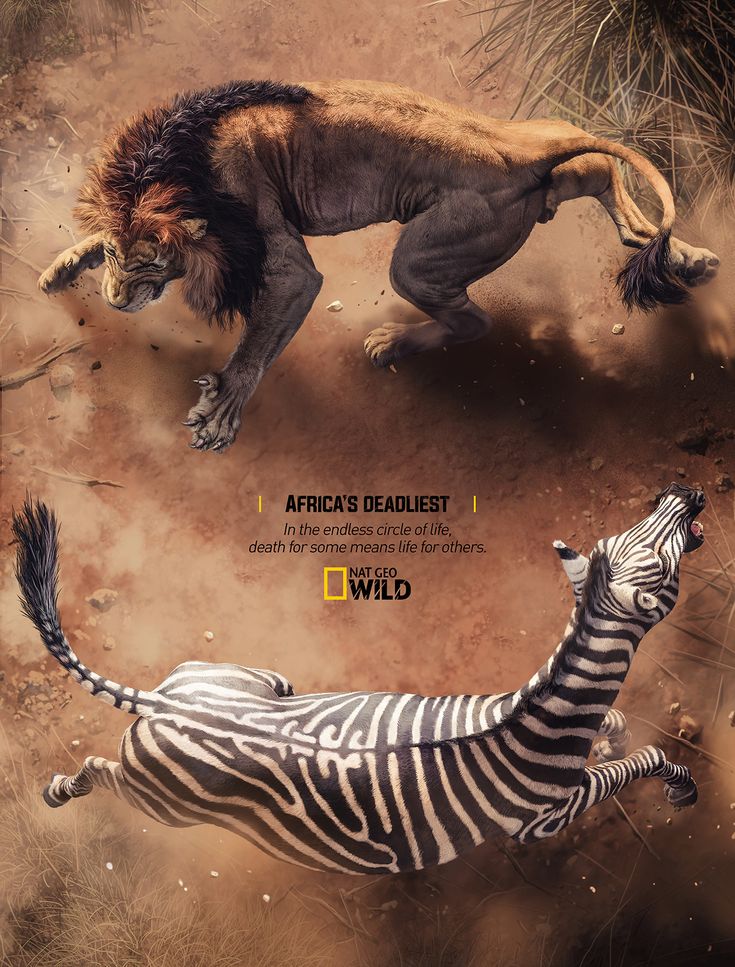
Slogans are often the first thing that comes to mind when people think about campaigns, especially those aimed at raising awareness. These brief, impactful phrases are designed to quickly capture attention, evoke emotions, and prompt individuals to take action. In the case of animal advocacy, a slogan can act as a call to compassion, reminding people of their moral responsibility to care for and protect animals. The power of a good slogan lies in its simplicity and clarity. It distills complex issues into a few words that are easy to remember and share. A well-crafted slogan can also inspire people to get involved, whether by donating to a cause, adopting a pet, or supporting environmental efforts that protect wildlife. Animal-related slogans have become essential tools for numerous organizations and movements. They help shape how people think about issues like animal cruelty, conservation, factory farming, and the importance of wildlife protection. These phrases not only generate awareness but also foster empathy and encourage positive behavior toward animals.
2.Categories of Animal Slogans

Slogans for animals can be divided into several categories based on their specific focus. Let’s explore some common themes these slogans address: These slogans focus on promoting the fair and humane treatment of animals. They advocate for the abolition of cruelty, testing, and exploitation, while encouraging people to consider the ethical implications of their actions toward animals.
- Examples:
- “Animals are not ours to experiment on.”
- “Be their voice. Stop animal cruelty.”
- “End the abuse. Respect all life.”
- “Live kindly. Choose compassion.”
These slogans challenge societal norms, urging individuals to think critically about their everyday choices, such as what they eat, wear, or how they interact with animals.
3.Adoption and Rescue

This category includes slogans that promote animal adoption, encouraging people to choose rescue animals rather than purchasing pets from breeders.
- Examples:
- “Adopt, don’t shop.”
- “Rescue is love.”
- “Save a life. Adopt a pet.”
- “Give a homeless pet a home.”
Adoption slogans play a significant role in reducing the number of animals in shelters and preventing overcrowding, ultimately helping more animals find loving homes.
4.Conservation and Wildlife Protection

Slogans in this category focus on the importance of protecting endangered species and preserving natural habitats. They raise awareness about the threats facing wildlife, such as habitat destruction, poaching, and climate change, and encourage people to take action to protect these creatures.
Examples:
- “Save our species. Protect wildlife.”
- “The Earth is for all living creatures.”
- “Wildlife is priceless. Protect it.”
- “Don’t let them disappear.”
These slogans play a crucial role in conservation efforts, urging people to respect the natural world and support initiatives that protect biodiversity.
5. Environmentalism and the Impact on Animals

Slogans that combine animal welfare with environmental concerns highlight the interconnectedness of animal protection and environmental conservation. These slogans emphasize how pollution, deforestation, climate change, and other environmental issues can directly harm animals.
- Examples:
- “Save the planet, save the animals.””One world. One future. Protect animals.”
- “Earth’s creatures need your help.”
By linking environmental and animal advocacy, these slogans inspire individuals to adopt sustainable habits that benefit both wildlife and the planet.
6.The Role of Social Media in Spreading Slogans

In today’s digital age, social media plays a critical role in the dissemination of slogans related to animal welfare. Platforms like Instagram, Facebook, Twitter, and TikTok allow animal rights groups and activists to share their messages widely, reaching a global audience. These platforms also provide a space for individuals to create and share their own slogans, spreading messages of compassion and advocacy to friends, family, and followers. Hashtags, in particular, have become an effective tool for amplifying slogans and rallying people around specific causes. Hashtags such as #AdoptDontShop, #SaveTheWhales, or #StopAnimalTesting have brought attention to important issues and sparked online movements that demand change. By combining catchy slogans with visual content, such as images and videos, social media users can further engage with the cause and encourage others to take action. Campaigns like #BoycottCircus, #EndFactoryFarming, and #FreeTheElephants have gained significant traction on social media, showing how powerful a well-crafted slogan can be when paired with the right platform and audience. Social media has democratized the ability to advocate for animals, allowing anyone to participate in the movement and share their support for animal rights.
7.The Impact of Animal Slogans on Society
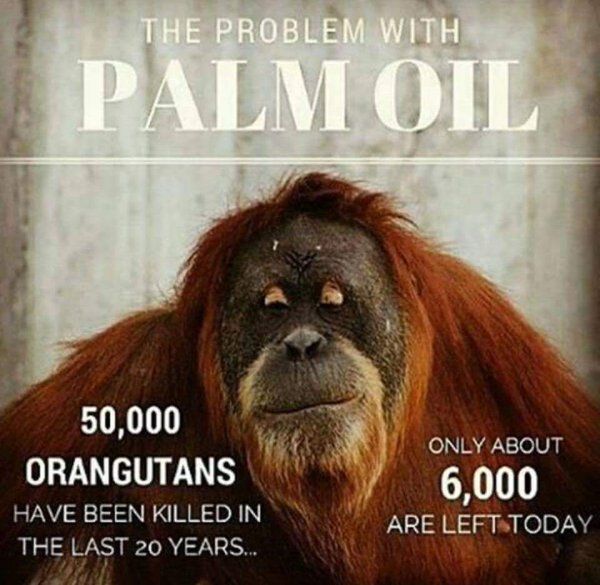
Slogans for animals are not just tools for raising awareness—they also have the power to change behaviors and inspire societal shifts. When people hear a slogan that resonates with their values, they are more likely to reconsider their actions and adopt new habits that are more compassionate toward animals. For example, the slogan “Adopt, don’t shop” has had a significant impact on how people view pet ownership. It has encouraged millions of people to choose adoption over purchasing pets from breeders or pet stores, leading to a decline in the demand for puppy mills and the increase in adoptions from shelters. This change has saved countless animals from being abandoned, neglected, or euthanized. Similarly, slogans promoting veganism or cruelty-free products have influenced a growing number of individuals to reconsider their dietary and shopping choices. The slogan “Be kind to every kind” has resonated with many, motivating them to reduce their consumption of animal-based products and support ethical companies.Slogans also play a role in public policy and legislation. When campaigns gather enough public support, they can influence lawmakers to enact laws that protect animals. The slogan “Stop animal testing” has been a rallying cry for those advocating for the banning of animal testing in cosmetics and medical research, and it has contributed to the passing of laws that limit or ban such practices in many countries.
8.Slogans as Catalysts for Change

Slogans for animals are much more than catchy phrases—they are calls to action that have the power to inspire change, foster empathy, and mobilize people to protect animals. Whether promoting adoption, protecting wildlife, advocating for ethical treatment, or raising awareness about the environmental impact of our actions, animal-related slogans serve as essential tools for animal rights campaigns and initiatives.
The strength of these slogans lies in their simplicity, emotional appeal, and ability to capture the essence of a cause in just a few words. As social media continues to amplify the reach of these messages, the power of slogans to shape modern attitudes toward animals and their rights will only continue to grow. By sharing and embracing these slogans, we can all play a part in creating a world where animals are treated with respect, kindness, and compassion.
9.Why Are Animals a Good Topic?
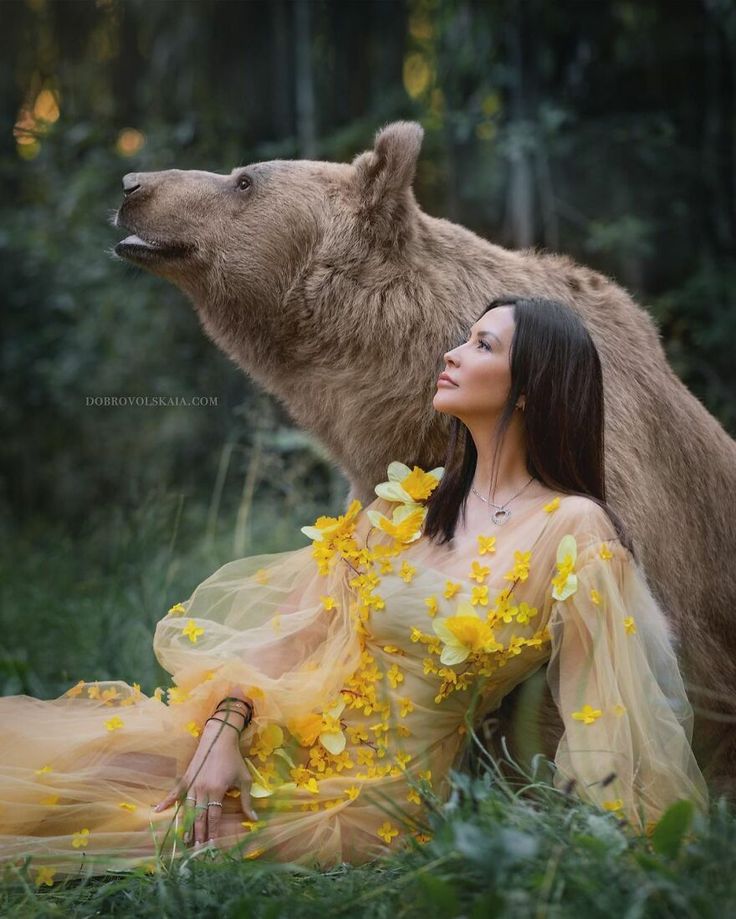
Animals have always held a special place in human culture, from being companions to serving as symbols of various virtues or ideals. The topic of animals is vast and multifaceted, touching on areas ranging from ethics and conservation to biology and philosophy. Whether we’re talking about pets, wildlife conservation, animal rights, or the human-animal bond, animals remain a topic that is both universally relevant and deeply emotive. In this article, we will explore why animals are such a good topic for discussion, covering the emotional, cultural, ecological, and scientific significance of animals, as well as how they influence global issues and personal lives.
10.The Emotional Connection Between Humans and Animals
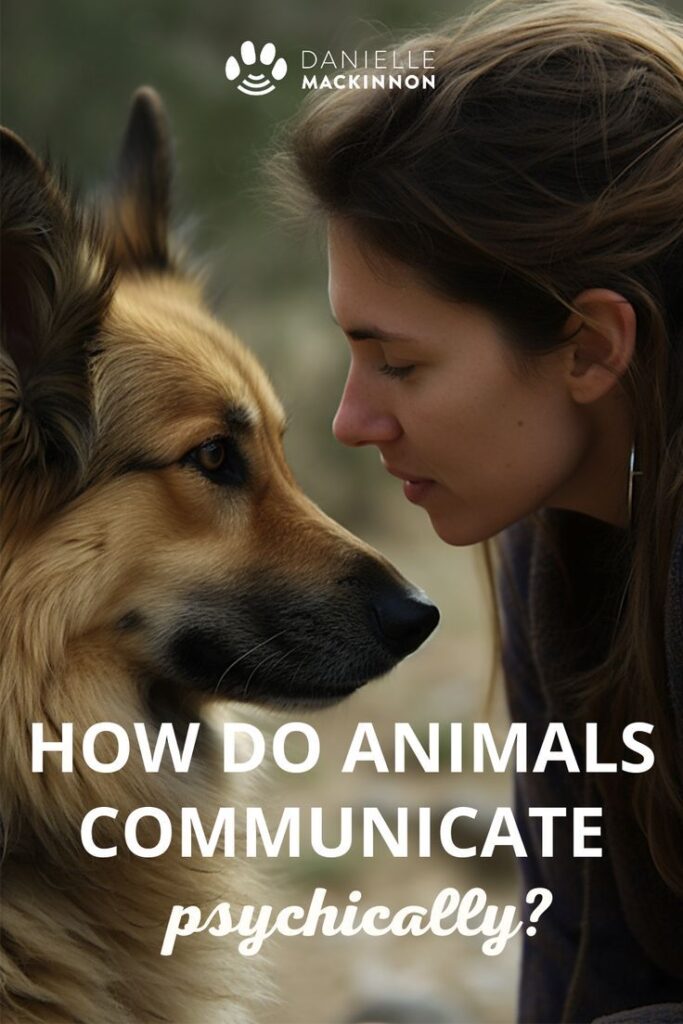
One of the most compelling reasons why animals are a good topic is the deep emotional bond they share with humans. This connection dates back thousands of years, with animals being an integral part of human history and culture. Whether it’s the companionship of pets or the admiration for wild creatures, animals evoke strong emotions in people, making them a natural and meaningful topic of discussion. For many, pets serve as loyal companions, providing comfort, love, and companionship in times of joy and sorrow. Dogs, cats, and even exotic pets play critical roles in the mental well-being of their owners, offering unconditional love and fostering a sense of responsibility. As such, discussing the well-being and treatment of pets has become an essential topic in modern society. Issues like pet adoption, the humane treatment of animals, and the responsibilities of pet ownership all evoke intense debates, and these conversations have tangible real-world implications. Furthermore, animals are often used in various forms of art, literature, and entertainment to explore human emotions and relationships. From beloved children’s books featuring animal characters to films that portray animals as central figures, animals continue to be used to tell stories that resonate deeply with people of all ages.
11.Cultural and Symbolic Significance of Animals
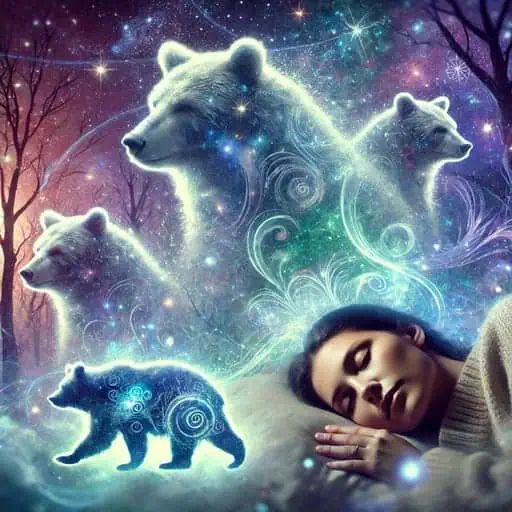
Animals are an integral part of human culture, mythology, and symbolism across the world. They have been central to religious beliefs, art, literature, and even politics. The lion, for example, is often seen as a symbol of strength and courage, while the dove is a universal representation of peace. Different cultures have used animals to express values, ideals, and even political ideologies. For example, the eagle is a national symbol of the United States, representing freedom and power. In many cultures, animals are not only seen as symbolic creatures but also as essential components of traditional practices and ceremonies. Indigenous cultures, for example, often regard animals as spiritual beings that are connected to the natural world. Animal totems and spirit animals are common in indigenous traditions, and animals are often believed to hold special powers or provide guidance and protection. The role of animals in folklore and mythology also serves to link humans to their natural surroundings. Stories like Aesop’s Fables, which feature animals acting out human-like behaviors, serve as moral lessons that have persisted for centuries. These stories influence not only how we view animals but also how we view ourselves. When discussing animals, we delve into these rich cultural narratives that continue to shape our collective understanding of the world.
12. The Role of Animals in Science and Medicine

Animals have been crucial to scientific advancement, particularly in the fields of biology, medicine, and pharmacology. From helping scientists better understand the structure and function of biological systems to providing models for testing new drugs and treatments, animals have contributed to the development of life-saving medicines and therapies. For example, the discovery of insulin, which is essential in managing diabetes, came about through experiments on animals. The use of animals in medical research, however, has sparked an ongoing ethical debate. While animal testing has contributed to many advancements, it has also raised concerns about the treatment of animals in laboratories. These concerns have led to the development of ethical guidelines and alternatives to animal testing, such as in vitro models and computer simulations. As society continues to advance, finding ethical ways to utilize animals in scientific research remains a critical issue. Discussing animals in the context of science and medicine allows us to navigate the complex relationship between human progress and animal welfare.Moreover, animals have also contributed to breakthroughs in environmental science, ecology, and even space exploration. Understanding animal behavior, migration patterns, and ecological roles can help us tackle environmental issues like climate change, habitat loss, and biodiversity conservation. Animals are at the forefront of many scientific inquiries, making them an essential topic for those interested in innovation and global challenges.
13.The Environmental Impact and Conservation of Wildlife
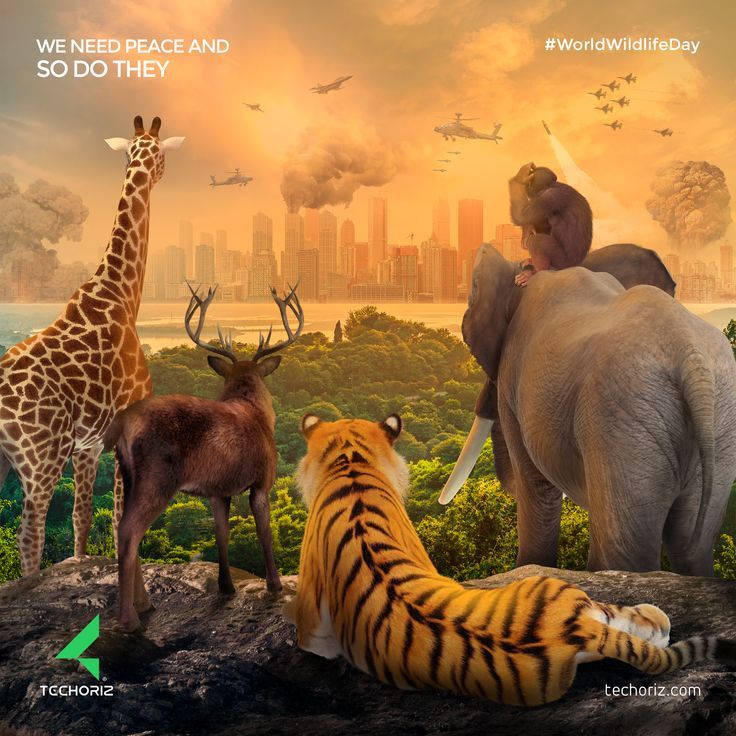
Another critical aspect that makes animals a good topic is their relationship with the environment. The protection of animals and their habitats is intrinsically linked to the health of the planet. Many animal species are facing extinction due to habitat loss, poaching, climate change, and pollution. The conversation surrounding endangered species and wildlife conservation is one that has gained increasing global attention in recent years. In particular, the preservation of biodiversity is crucial for maintaining the balance of ecosystems. Every species, from the smallest insect to the largest mammal, plays a role in its ecosystem, contributing to processes like pollination, seed dispersal, and predator-prey dynamics. For example, the decline of bees, which are essential pollinators, threatens food security around the world. Discussions about wildlife conservation often prompt people to consider their roles in protecting the environment and the planet’s ecosystems. Many organizations, including the World Wildlife Fund (WWF) and The Nature Conservancy, advocate for wildlife protection through education, fundraising, and policy initiatives. Issues such as habitat destruction, overfishing, deforestation, and illegal wildlife trade are key topics in the broader conservation debate. The protection of animals and their habitats goes hand in hand with broader environmental issues, making animals a vital focal point in the fight against climate change and the conservation of natural resources.
14. The Ethics of Animal Rights and Welfare

The ethical treatment of animals is one of the most significant and complex issues in society. Animals have long been subjected to exploitation, whether in agriculture, entertainment, or scientific experimentation. The rise of the animal rights movement, spearheaded by activists and organizations advocating for the humane treatment of animals, has brought the topic of animal welfare to the forefront of public consciousness. There is growing concern about the practices of factory farming, where animals are often kept in confined, unsanitary conditions and subjected to inhumane treatment. Similarly, animals used in circuses, zoos, and entertainment industries often face lives of captivity and forced performances, which raises ethical questions about whether it is right to exploit animals for human entertainment. The topic of animal rights encourages individuals to reflect on their personal choices, such as their dietary habits, clothing, and leisure activities, in light of the well-being of animals. The question of animal rights also extends beyond domestic pets to the ethical considerations surrounding wild animals and their habitats. Should animals in the wild be protected from human intervention? How do we balance the needs of human society with the protection of animal habitats? These are difficult questions that require thoughtful discourse. As the movement for animal rights grows, it continues to push for more ethical treatment of animals across the world.
15.Animals as a Source of Education and Inspiration
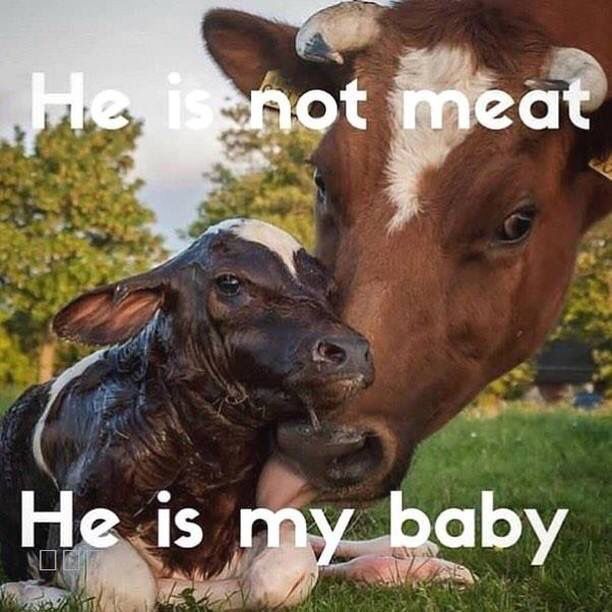
Animals can also be a source of education and inspiration for people of all ages. For children, animals can serve as teaching tools for learning about empathy, responsibility, and the importance of caring for other living beings. School programs and organizations dedicated to animal education help instill these values in young people, fostering a generation that is more attuned to the needs of animals and their role in the ecosystem. In addition to being educational, animals also provide an ongoing source of inspiration in art, literature, and philosophy. Writers, artists, and filmmakers often turn to animals as symbols to explore the human experience. Whether it’s through the anthropomorphization of animals in children’s books like Winnie the Pooh or the representation of wild creatures as symbols of untamed freedom, animals often take on larger meanings that help people reflect on their own lives and societies.
The way that many animals exhibit perseverance in the face of hardship or form deep bonds with others offers valuable lessons that can be applied to human life. The study of animal behavior has even led to insights in fields like psychology and sociology, helping us understand ourselves and our relationships with others.
16.The Universality and Importance of the Animal Topic
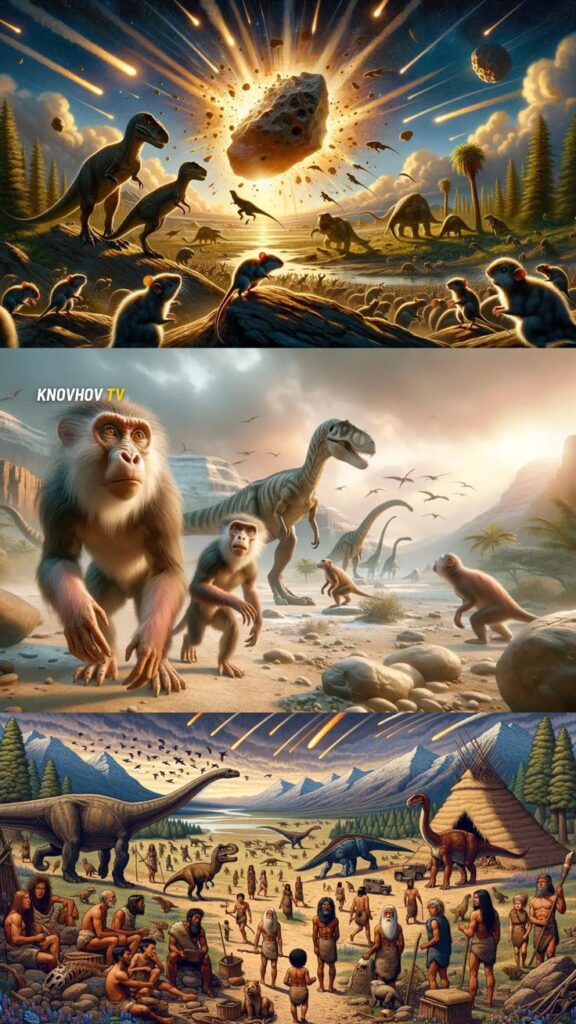
In conclusion, animals are not just a good topic—they are an essential one. From their deep emotional connection with humans to their symbolic importance in culture, animals play a critical role in shaping our values, beliefs, and actions. Whether in the context of ethics, science, conservation, or education, animals provide a lens through which we can explore larger societal issues. The treatment and protection of animals have significant implications for global sustainability, public health, and human well-being. As society continues to confront the challenges posed by environmental degradation, animal rights, and species extinction, the topic of animals will remain at the forefront of our collective consciousness. Discussing animals encourages us to think critically about our relationships with the natural world, the choices we make in our daily lives, and our responsibilities as stewards of the planet. It is a topic that transcends boundaries, inspires positive change, and ultimately reminds us of our shared connection to all living beings. By continuing to explore and discuss the many facets of the animal world, we can foster a deeper sense of respect, empathy, and care for the creatures with whom we share the Earth.
17.Why Do We Love Animals

Animals have long played a significant role in human culture and daily life. From pets that become beloved members of our families to wildlife that sparks our sense of wonder and awe, animals evoke a unique emotional response in people. Whether through companionship, shared experiences, or cultural symbolism, there is something inherently special about animals that brings out the best in us. In this article, we explore why we love animals by discussing 10 key reasons that highlight our deep emotional connection to them.
18.Unconditional Love and Companionship

One of the most powerful reasons we love animals is their ability to provide unconditional love and companionship. Whether it’s a loyal dog, a curious cat, or even a small rabbit, animals have an innate ability to offer affection without judgment. For many people, animals become more than just pets—they become trusted companions that are always there to provide comfort, emotional support, and love. This bond is especially evident with domesticated animals like dogs, who have been selectively bred over thousands of years to understand human emotions and needs. A pet’s loyalty is often unmatched, offering a constant source of companionship that can alleviate loneliness and bring joy. Many pet owners experience a deep emotional connection with their animals that provides an invaluable sense of belonging and friendship. Animals are non-judgmental and offer emotional support without conditions, which is a rare and deeply comforting trait.
19.Emotional Healing and Support
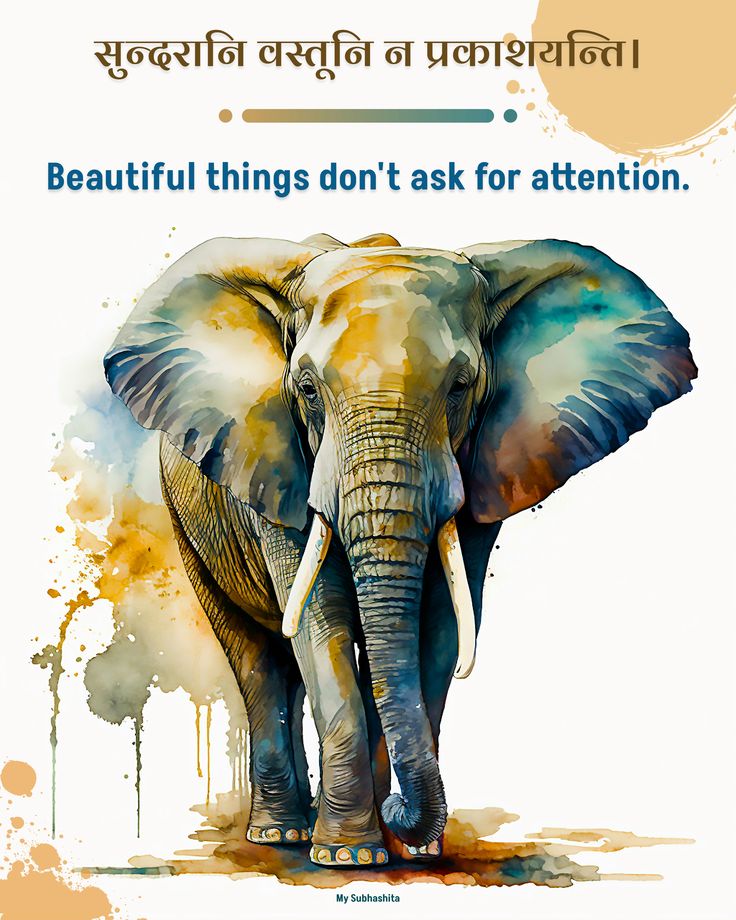
The therapeutic relationship we share with animals is one of the primary reasons why we love them. Animals have a remarkable ability to sense human emotions, and their presence can provide a calming effect on people. For example, pet therapy programs have become widely recognized for their positive impact on people dealing with mental health challenges, physical disabilities, and emotional trauma. The presence of a pet can trigger the release of endorphins in humans, promoting happiness and a sense of well-being. The act of petting or simply being near an animal can reduce cortisol levels (the stress hormone) and lower blood pressure, which explains why many people find comfort in the presence of their pets during difficult times. Animals offer a sense of emotional healing that is both genuine and soothing. In times of grief, loneliness, or stress, the companionship of an animal can be an invaluable source of comfort and support.
20.Their Innocence and Pure Nature
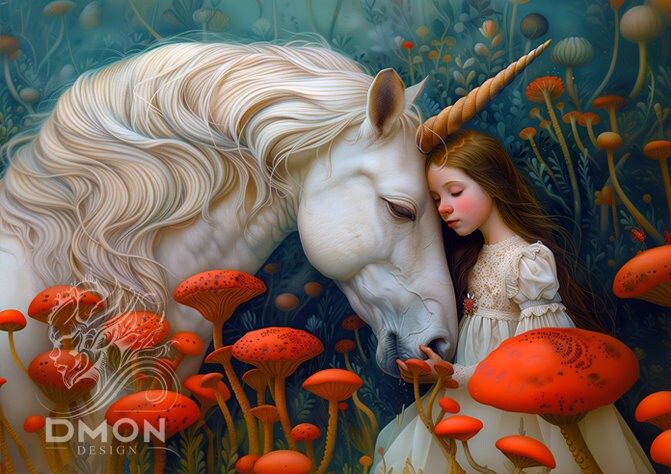
Unlike humans, animals are not burdened by societal expectations, agendas, or complex emotional baggage. Their actions are guided primarily by instinct and basic needs, which makes them appear untainted by the complexities of human life.They live in the moment, and their behavior is often straightforward and genuine. For example, a dog that eagerly greets you after a long day, or a cat that curls up on your lap for warmth, does so with a pure sense of affection that is often devoid of ulterior motives. Their ability to provide joy and affection without the complexity of human emotional barriers resonates deeply with us. It serves as a reminder of the innocence that often feels lost in adult life, and we are naturally drawn to their pure nature.
21.They Teach Us Empathy and Compassion
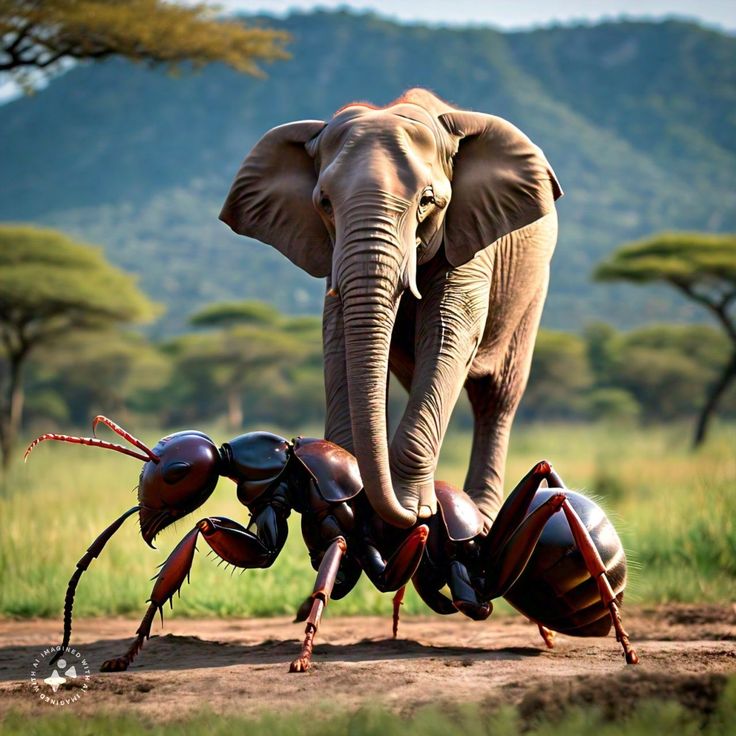
Animals are one of the most powerful teachers of empathy and compassion. When we care for an animal, whether it’s feeding, playing, or just providing a safe space for them, we are learning to be sensitive to their needs. This practice often leads to a deeper understanding of others, both human and animal. Our interactions with animals help nurture compassion in us. Watching a mother cat care for her kittens or seeing a dog try to comfort an injured companion reinforces the importance of kindness and nurturing behavior Our deep connection with animals makes us more aware of the needs of others, fostering a sense of compassion that extends beyond our relationships with pets to the broader world.
22. Animals Teach Us Responsibility

Caring for an animal requires a certain level of responsibility, which is another reason we love them. From feeding them to ensuring they have regular exercise and proper care, animals require consistent attention and responsibility. It can be a very fulfilling role for many people. People get a sense of fulfillment and purpose when they take care of an animal and make sure they are well-cared for. Animals depend on humans for their survival and well-being, and this dependency can teach people valuable life skills, such as time management, organization, and patience. Raising a pet, for example, can teach children about responsibility, as they learn how to provide food, shelter, and affection for their furry companions. It is this sense of responsibility and the desire to provide the best care possible that makes the bond between humans and animals so rewarding.
23.Their Loyalty and Trustworthiness

The loyalty and trust that animals offer are central to why we love them.They are known for their ability to form deep attachments and remain faithful companions, often providing comfort and companionship during life’s ups and downs. This loyalty is one of the main reasons why we form strong bonds with animals. When we take an animal into our care, they place their trust in us. They rely on us for food, safety, and emotional support, and they trust us to meet their needs. This bond of loyalty and trust is reciprocal—just as animals trust their human companions, humans also develop a deep sense of attachment and love for their pets. The loyalty of an animal, especially in difficult or lonely times, is often unmatched and can serve as an emotional anchor for many people.
24. Their Playfulness and Joy

Animals have an incredible capacity for joy and playfulness that is contagious to humans. Watching a puppy chase after a ball, or a kitten pounce on a toy, can bring smiles and laughter to anyone. This playfulness not only entertains but also reminds us of the importance of enjoying the present moment and embracing the lighter side of life. For many, animals become a source of fun and excitement, and their spontaneous behavior often brings out the childlike joy in us. Observing animals in the wild or at home highlights the importance of play in maintaining mental and emotional health. The joy that animals bring through their antics and zest for life reminds us to appreciate the simple pleasures in our own lives. Whether it’s seeing a pet perform tricks or watching the joyful expression of an animal, this sense of joy is a major reason why we love animals.
25.They Serve as Inspirational Figures

Animals often serve as symbols of strength, courage, resilience, and other virtues that humans admire.These symbolic representations of animals provide humans with role models that embody the qualities we aspire to. Animals can inspire us through their behaviors and qualities. For instance, the migratory journey of birds or the endurance of elephants in harsh environments demonstrates resilience in the face of adversity. Many people look to animals for inspiration in their own lives, seeing them as examples of how to overcome challenges and persevere through difficult circumstances. The animal kingdom teaches us important lessons about survival, adaptability, and strength, which is why we often associate animals with inspiring qualities.
26. Their Diverse Beauty and Wonder

There is an inherent beauty in the diversity of the animal kingdom. From the elegance of a gazelle to the power of a tiger, animals come in many shapes, sizes, and forms, each with its own unique attributes. Whether it’s the colors of a butterfly’s wings, the majestic presence of a whale, or the intricate patterns on a cheetah’s coat, animals have a way of captivating us with their natural beauty. Beyond their physical appearance, animals also exhibit remarkable behaviors that intrigue us, such as the complex social structures of elephants or the fascinating hunting strategies of wolves. This sense of wonder at the diversity of animal life sparks curiosity and admiration in us. The beauty and wonder of animals are endless, and this mystery is part of why we are drawn to them. Whether it’s a bird’s song or a cheetah’s speed, animals are awe-inspiring in both their form and function.
27.Animals Help Us Connect to Nature
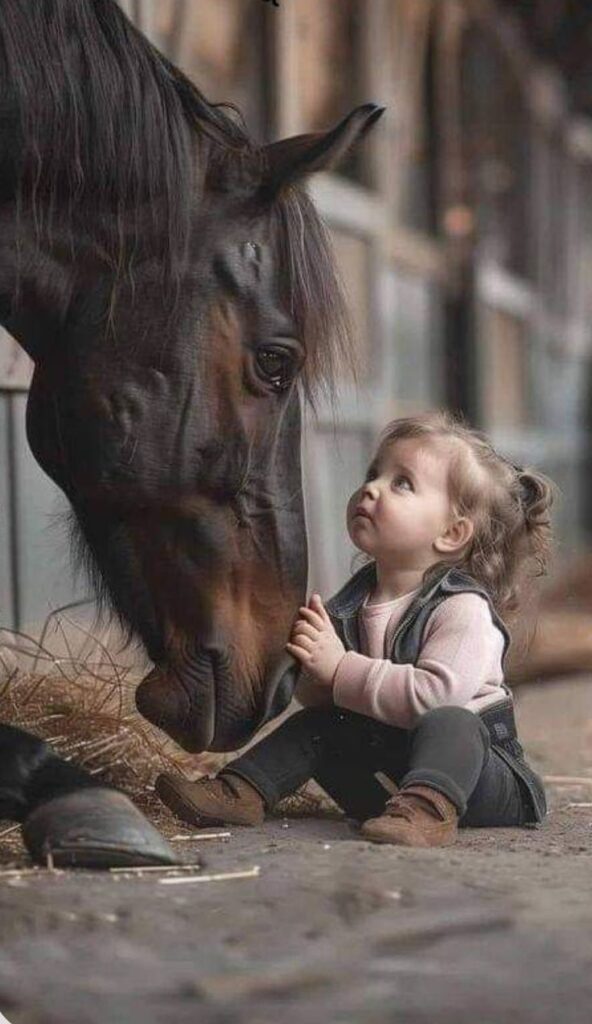
Finally, animals help us stay connected to the natural world, reminding us of the importance of preserving our environment. As humanity becomes increasingly urbanized and disconnected from nature, animals serve as a bridge that helps us reconnect with the Earth. Their presence in our homes, parks, forests, and oceans fosters a sense of reverence for the natural world and underscores our responsibility to protect it. Watching animals in their natural habitats or learning about wildlife conservation can ignite a passion for environmental stewardship. The beauty and importance of animals in the ecosystem highlight our shared connection with the planet, reminding us that we must protect it for future generations. Animals serve as both a source of joy and a reminder of the delicate balance between humans and nature.
28.The Timeless Love for Animals

In conclusion, our love for animals is multifaceted and deeply rooted in our emotional, social, and cultural fabric. From their ability to provide unconditional love and companionship to their role in inspiring empathy, responsibility, and a deep connection to the natural world, animals occupy an irreplaceable place in human hearts. Whether through the joy of caring for a pet or the awe we experience when encountering wildlife, animals continue to enrich our lives in countless ways. It is this enduring love for animals that makes them such a timeless and universal source of inspiration, joy, and connection.
29.Why Animals Are So Important
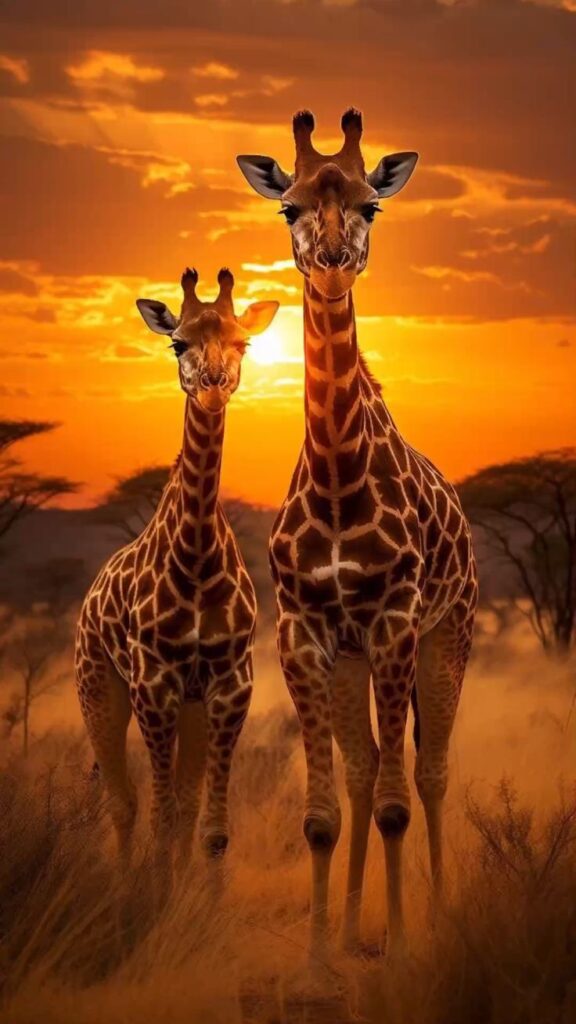
Animals play an irreplaceable role in the fabric of our planet, influencing ecosystems, societies, and cultures in profound ways. From the companionship of pets to the vital roles that wild animals play in maintaining the balance of nature, animals are integral to the functioning of the Earth and our daily lives. Understanding why animals are so important allows us to appreciate their contribution to biodiversity, human well-being, and the environment. In this article, we will explore several key reasons why animals are so essential.
30.Biodiversity and Ecosystem Balance
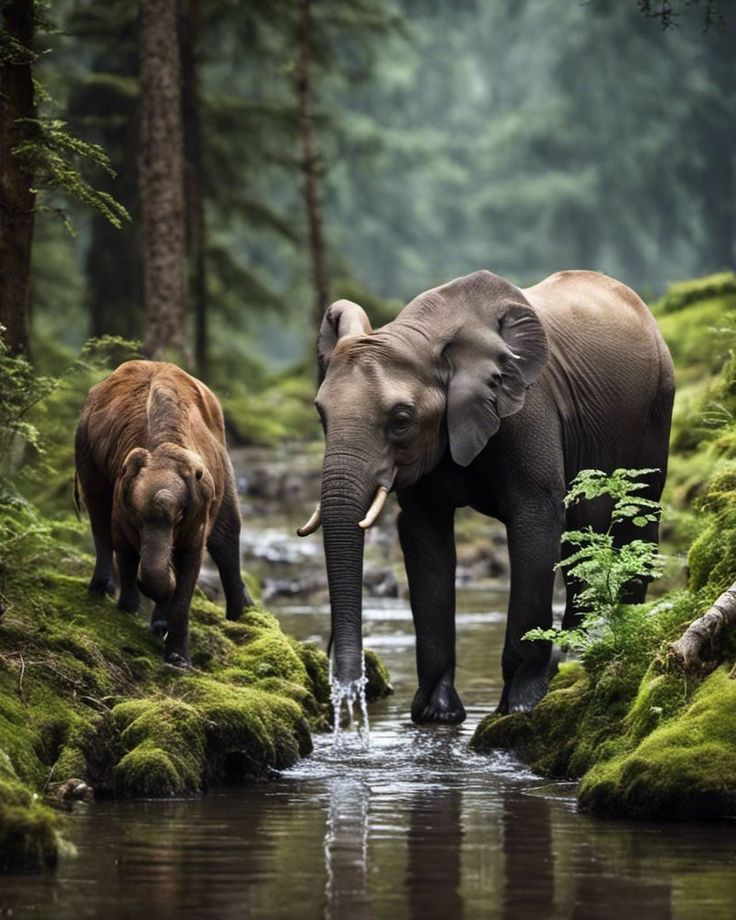
One of the most critical reasons why animals are important is their role in maintaining biodiversity and ecosystem balance. Every animal species contributes to its habitat, whether through pollination, seed dispersal, or controlling the populations of other species. The loss of any species, no matter how small, can disrupt the delicate balance that supports life on Earth. For example, bees are vital pollinators that help fertilize plants, including crops, which are crucial for food production. Similarly, apex predators like wolves or lions help control the populations of other animals, preventing overgrazing or overpopulation that could harm vegetation and other wildlife. Each species, from the tiniest insect to the largest mammal, has an important ecological role. By maintaining healthy populations of animals, we help ensure the stability and sustainability of ecosystems, which are essential for the survival of all living beings, including humans.
31. Human Health and Medicine
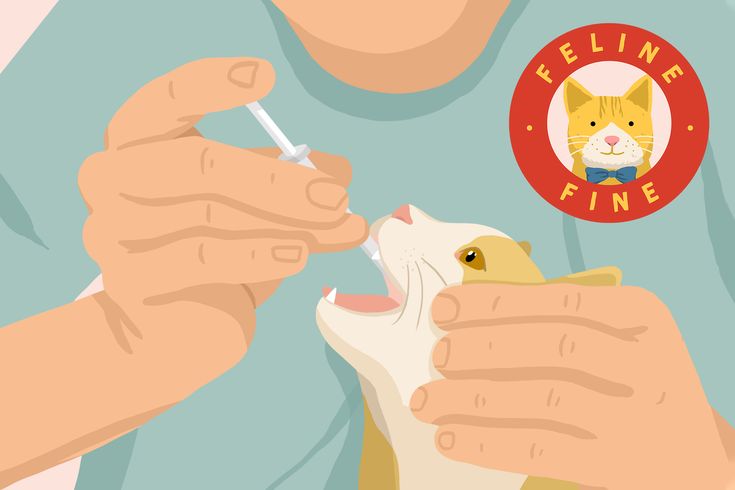
Animals have been a crucial part of medical science and human health for centuries. From animal testing in research that leads to medical breakthroughs to the direct benefits we gain from animals themselves, the connection between animals and human health is undeniable. For instance, animals have been used in the development of life-saving vaccines, antibiotics, and other medications. Without using animals, it would not have been possible to discover insulin, which is essential for the treatment of diabetes.Similarly, animal models have been used to study diseases such as cancer, HIV, and Alzheimer’s, leading to treatments that save millions of lives today. Furthermore, animals themselves provide direct health benefits. For example, therapy animals are used to help people cope with mental health issues, such as anxiety, PTSD, and depression. The act of petting a dog or cat has been shown to lower blood pressure, reduce stress, and promote feelings of happiness and comfort. In these ways, animals play a critical role in improving human health and well-being.
32. The Emotional and Psychological Benefits of Pets
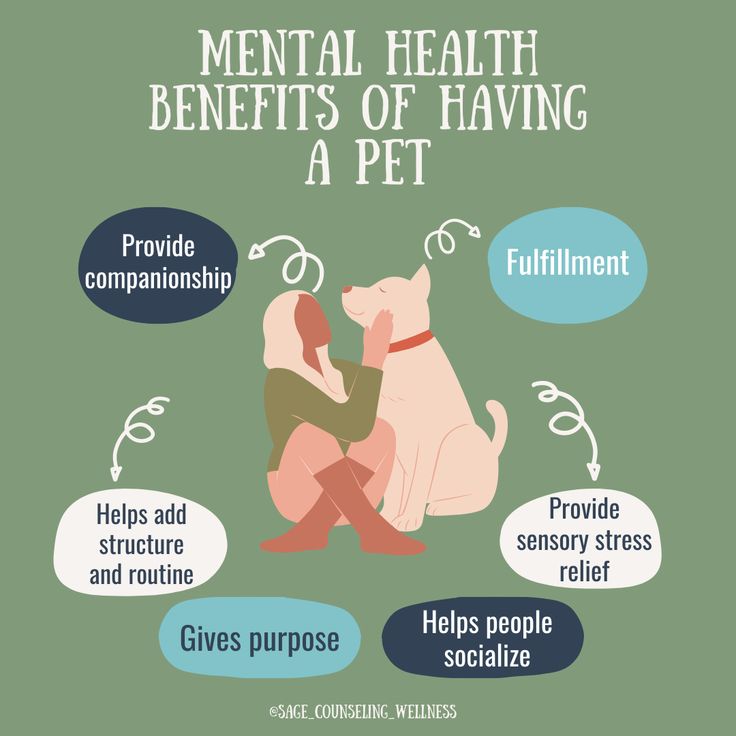
The companionship of animals, particularly pets, brings immense emotional and psychological benefits. Many people form deep bonds with their pets, who offer loyalty, comfort, and unconditional love. Pets, especially dogs and cats, have been shown to reduce stress, anxiety, and depression, helping individuals navigate difficult emotions and experiences. In addition to emotional support, pets also provide structure and routine in their owners’ lives. The responsibility of caring for a pet—feeding, walking, grooming—can help individuals stay active and connected to the world around them. This can be especially important for people who experience loneliness or isolation. Pet ownership has been linked to lower levels of anxiety, increased happiness, and a greater sense of purpose. Moreover, pets can also serve as important social connectors, especially for those who may struggle with social interactions. Walking a dog or taking part in pet-related activities can open opportunities for socializing and building connections with others.
33. Environmental and Ecological Contributions
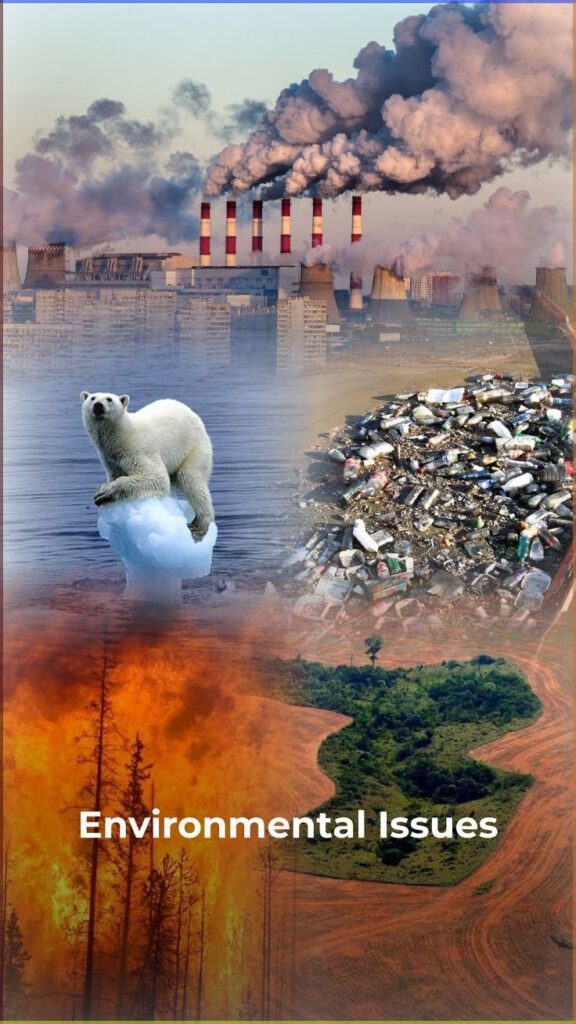
Animals play an essential role in environmental conservation and ecological balance. From maintaining the health of forests and grasslands to helping in the regeneration of soil and vegetation, animals contribute directly to the health of our planet. For example, herbivores such as deer, elephants, and bison help manage plant growth by grazing on vegetation. This not only prevents overgrowth but also promotes the growth of new plants, ensuring the continued health of ecosystems. In addition, many animals, such as beavers, help create habitats for other species by modifying their environments, such as building dams that create wetlands.Marine animals, too, play a critical role in the health of oceans. Fish and other marine life contribute to the nutrient cycles in the ocean, which is essential for sustaining marine ecosystems and the global food chain. Coral reefs, which support a diverse array of marine life, rely on the health of numerous animal species, including fish, sea turtles, and invertebrates. Without animals, the ecosystems that sustain life on Earth would collapse, leading to devastating consequences for both wildlife and humans.
34.Cultural Significance and Symbolism
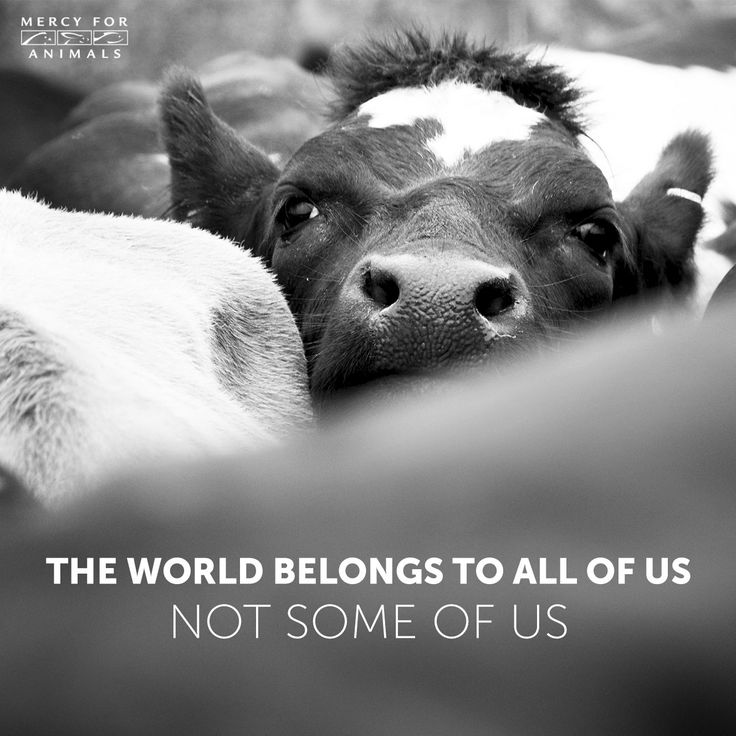
Animals hold significant cultural and symbolic importance across the world. From ancient mythology to modern-day media, animals are often used to convey powerful messages, represent virtues, or embody certain qualities. The eagle, a symbol of freedom in the United States, and the elephant, representing wisdom and loyalty in various cultures, further illustrate the symbolic roles animals play in human societies. Animals also have a presence in many religions, serving as symbols of deities or spiritual guides. In Hinduism, for example, the cow is considered sacred, while in Ancient Egypt, cats were revered and associated with protection and fertility. These symbolic meanings not only influence religious practices but also shape cultural values and traditions. Furthermore, animals have inspired countless works of art, literature, and film, often used to explore human emotions, behaviors, and social issues. From Aesop’s Fables to modern-day movies like The Lion King or Finding Nemo, animals help us understand the human experience and communicate universal truths in accessible and meaningful ways.
35.Conservation and Protecting Endangered Species
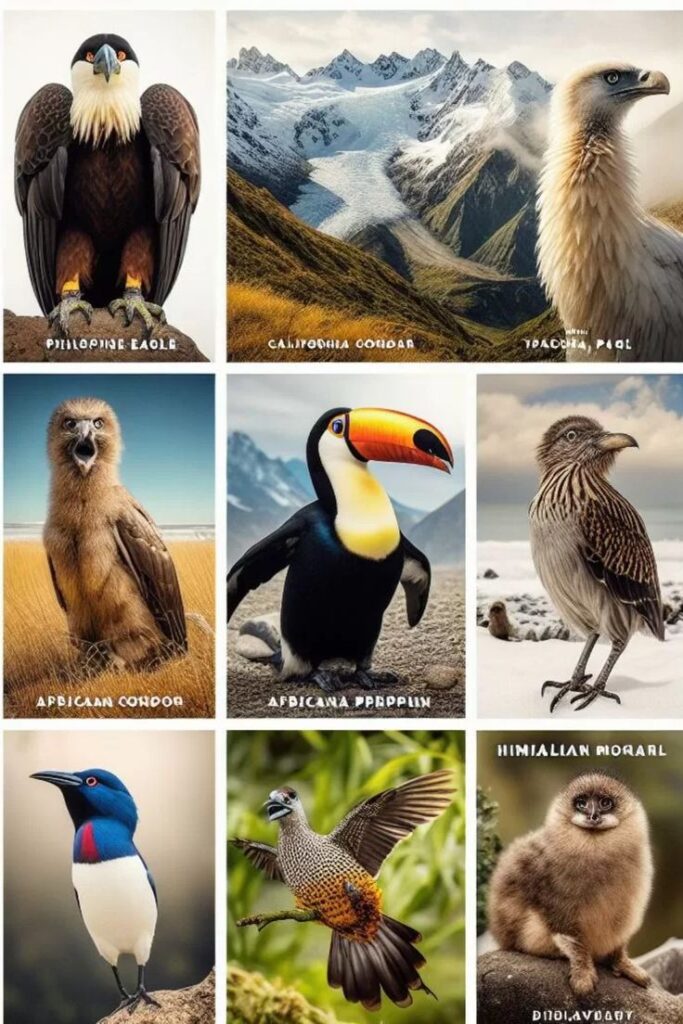
The conservation of endangered species is one of the most pressing issues of our time. Many animals are facing extinction due to habitat loss, poaching, climate change, and other human-related activities. Protecting animals and their habitats is not only essential for preserving biodiversity but also for maintaining the health of our planet. Efforts to conserve endangered species help protect entire ecosystems that are vital for environmental health. For instance, the protection of elephants and rhinoceroses in Africa helps safeguard the integrity of savannas and grasslands. Similarly, protecting marine species like whales and sea turtles helps preserve ocean health, which is crucial for regulating the global climate and sustaining marine food chains. Conservation efforts also have economic benefits. Sustainable practices in wildlife tourism, such as safaris and whale watching, contribute significantly to local economies while providing financial incentives for protecting animals and their habitats.
36. Inspiring a Sense of Wonder and Connection to Nature
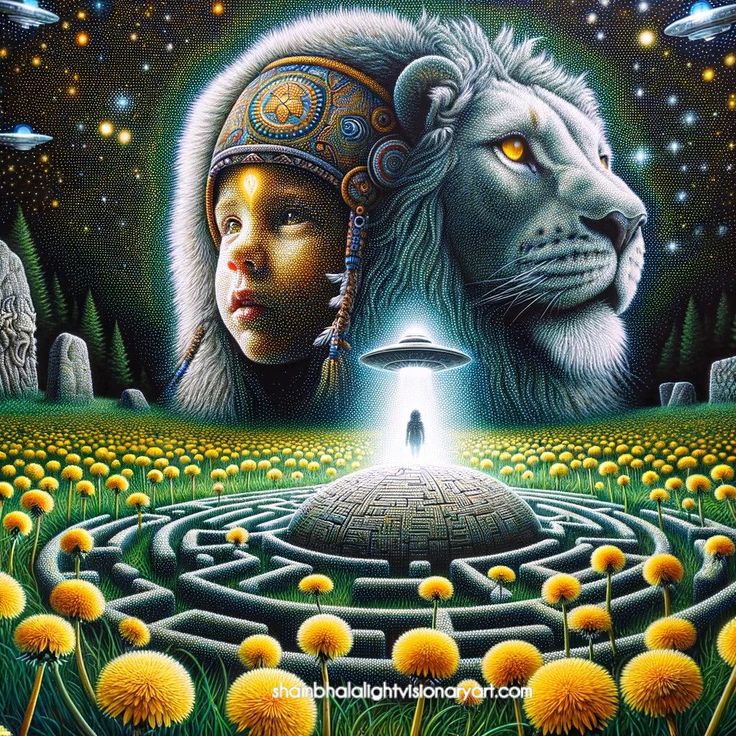
Animals have the unique ability to inspire awe and wonder in people of all ages. Whether it’s watching a bird soar across the sky, seeing a wild animal in its natural habitat, or observing the intricate behaviors of a species, animals captivate our imaginations and deepen our connection to the natural world. This sense of wonder is an essential part of human existence, reminding us of the beauty and complexity of life on Earth. Animals connect us to nature and the environment, helping us understand that we are part of a larger ecosystem. This connection encourages a sense of responsibility toward the planet and all its inhabitants. Moreover, many people find solace and peace in nature, and animals are central to this experience. Whether it’s birdwatching, hiking in the wilderness, or simply observing wildlife from a distance, animals offer an opportunity for reflection and connection that is hard to replicate in other areas of life.
37.Educational Value and Scientific Research
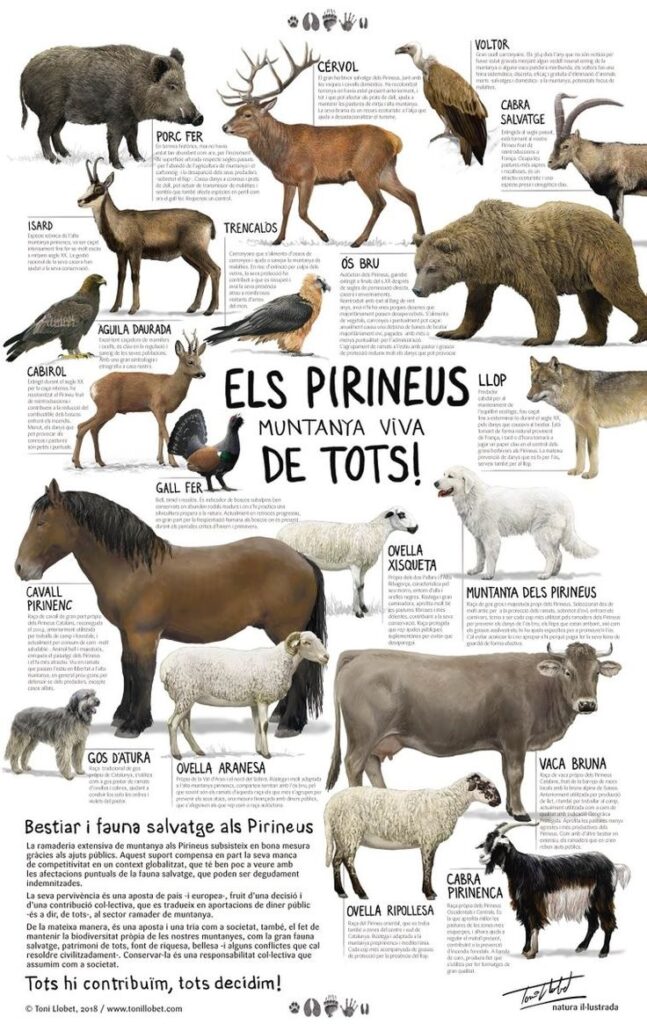
Animals have tremendous educational and scientific value, contributing to our understanding of biology, behavior, and the natural world. Animals are often used as models to study human health and disease. For example, laboratory animals are used to develop new treatments for cancer, heart disease, and neurological disorders. Studying the behavior of animals also helps us understand social dynamics, communication, and cognition, leading to advances in psychology and social science. Additionally, animals provide invaluable insights into the evolution of life on Earth. By studying different species, scientists can piece together the history of life and better understand the connections between different organisms.
38 .Support for Agriculture and Food Systems
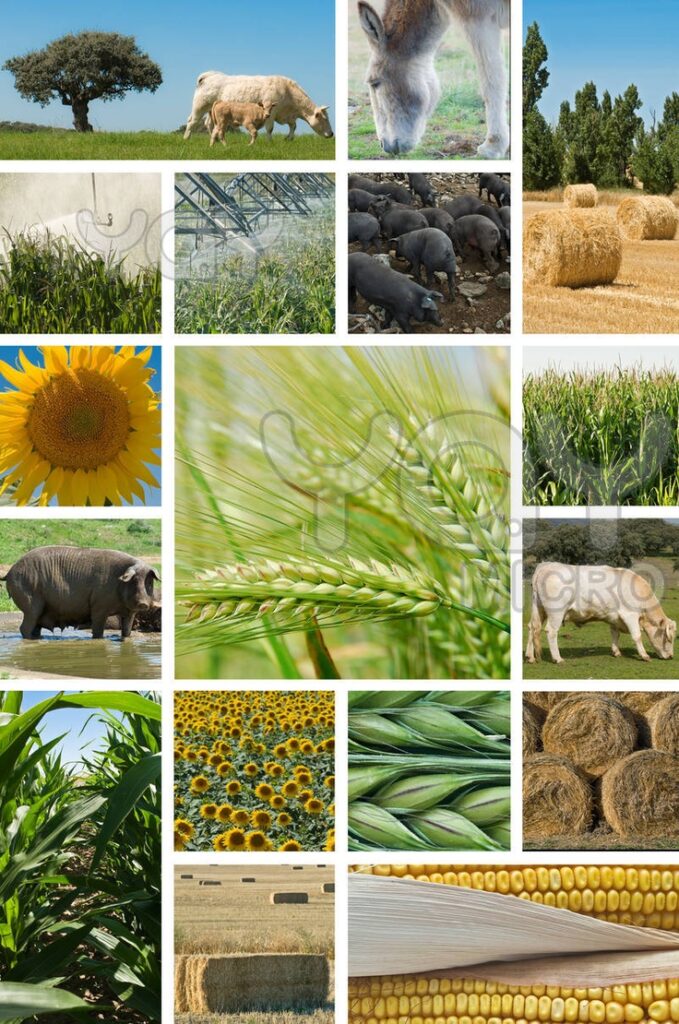
Livestock such as cows, chickens, pigs, and sheep provide essential sources of food, including meat, milk, eggs, and wool. In many regions, animals are central to agricultural economies and contribute to the livelihood of millions of people worldwide. In addition to food production, animals are also important for sustainable farming practices. For example, animals like oxen and horses are used in some agricultural systems for plowing and transportation. Furthermore, animal waste, such as manure, is used as fertilizer to improve soil quality and boost crop yields. Animals also help maintain healthy ecosystems within agricultural settings. For example, chickens and ducks are often used in integrated pest management systems to control insects and weeds, reducing the need for chemical pesticides.
39.Economic Contributions and Jobs

Beyond their roles in agriculture, animals contribute significantly to the global economy. Wildlife tourism is a booming industry, generating billions of dollars each year. Safari tours, whale watching, bird watching, and marine excursions provide employment opportunities and stimulate local economies while promoting conservation. In addition, industries related to pets, such as pet care, pet food, and veterinary services, are significant contributors to the global economy. As pets continue to play an important role in people’s lives, the demand for pet-related products and services grows, creating jobs and driving economic growth.Animals are far more than just companions or curiosities—they are integral to the functioning of our ecosystems, economies, and societies. From their vital roles in biodiversity and conservation to the personal, emotional
40.What are the good things about animals?
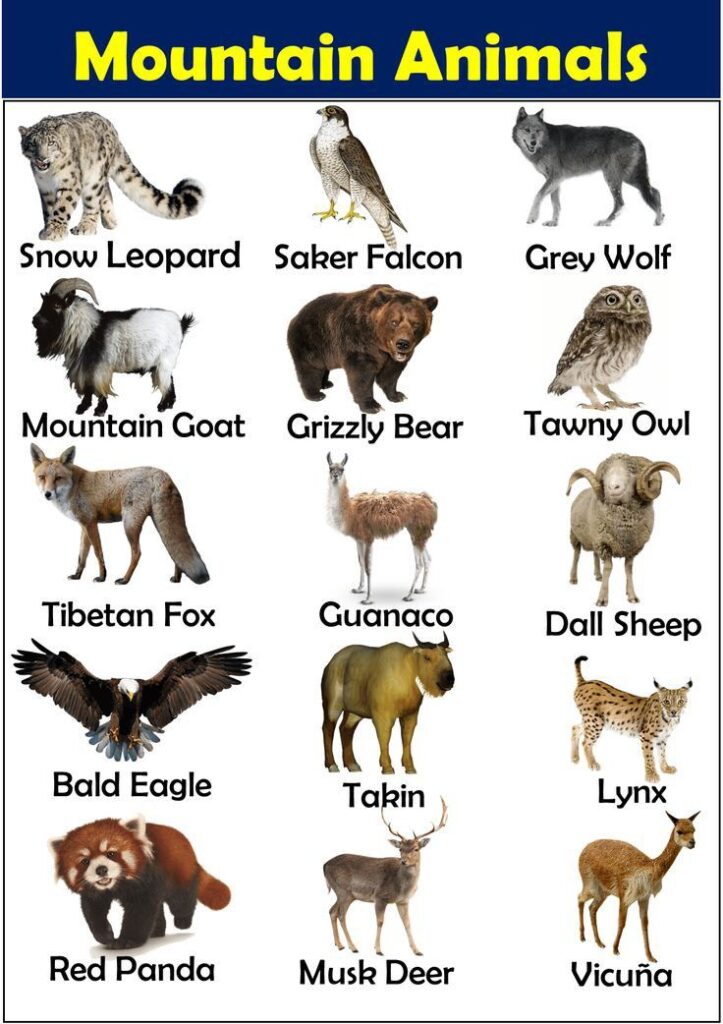
Animals offer numerous benefits to humans and the environment. They provide companionship, reducing feelings of loneliness and improving mental well-being.They can inspire empathy and compassion, teaching us about care and responsibility. Animals contribute to science, helping develop medical treatments and advancing research. Their presence in nature fosters a sense of wonder and connection to the Earth. Overall, animals enrich our lives, support biodiversity, and promote emotional and physical health, making them invaluable to our world.
